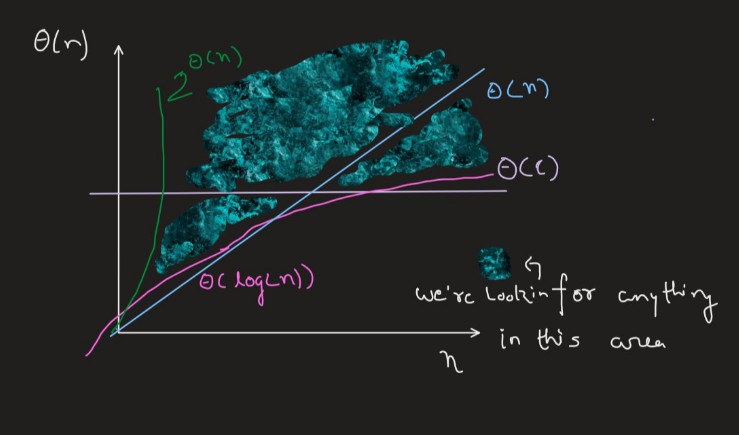A general-purpose backtracking constraint satisfaction algorithm.
Usage
A constraint satisfaction problem (CSP) can be used to model problems where a solution must be found to satisfy one or more constraints. Examples of such a problem include event scheduling, or map coloring.
A CSP framework is a set of variables that can be assigned within a range called a domain. For example, If we are cooking dinner for three guests , we would define them as variables that can be assigned a meal:
var doug = Person('Doug', dislikes: ['artichoke']);
var patrick = Person('Patrick', dislikes: ['bananas']);
var susan = Person('Susan', dislikes: ['broccoli']);
var variables = [doug, patrick, susan];
And the domains (the meal for each guest) could be modeled as a list strings, one of which will be assigned to each variable (guest).
var meals = ['artichoke', 'bananas', 'broccoli'];
var domains = {
doug: meals,
patrick: meals,
susan: meals,
};
Finally, a constraint can be defined by subclassing of the Constraint class:
class AvoidDislikes extends Constraint<Person, String> {
AvoidDislikes(super.variables);
@override
bool isSatisfied(Map<Person, String> assignment) {
// ...
}
}
To run a backtracking search of the solution space, instantiante the CSP class
and call the backtrackingSearch function:
var csp = CSP<Person, String>(variables, domains);
csp.addConstraint(AvoidDislikes(variables));
var result = csp.backtrackingSearch();
print(result);
For complete examples, see the examples/ directory.
References
Classic Computer Science Problems in Java – David Kopec




